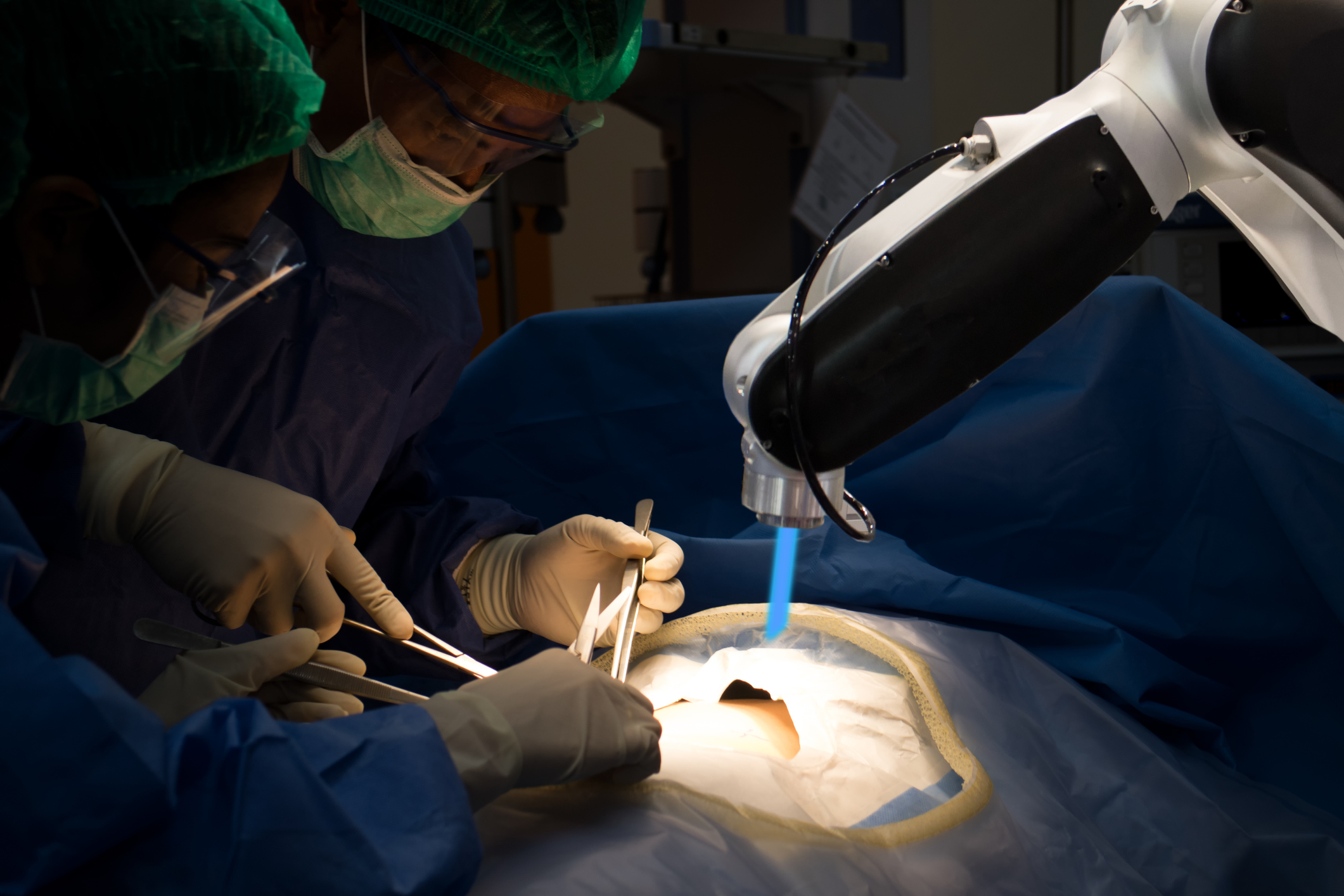
05 Oct Artificial Intelligence and Global Health Webinar
Artificial Intelligence (AI) is changing how health services are being delivered in many high-income settings due to the availability of large data sets and advanced technology.
AI in healthcare is becoming an increasingly significant research priority. In fact, it was announced earlier this summer that a new research facility in Amsterdam will allow researchers to study the application of AI in health, education, mobility, welfare and the environment. AI is able to overcome obstacles and address system-related challenges within healthcare. But how can AI be useful for medical professionals and patients? How can it be used in low- and middle-income settings to treat different diseases like malnutrition? What happens when we don’t have the data we need for AI to answer these questions?
APH Global Health is organizing a webinar on Monday, October 5 on Artificial Intelligence and Global Health for those interested in the future of health and AI. The webinar will include 4 speakers who are experts in the field of AI, data science, and global health. The experts will then host a Q and A session, allowing participants to ask any burning questions on the topic. Interested attendees can sign up here.
Information on the speakers can be found below:
Mark Hoogendoorn is Professor of Artificial Intelligence at the Vrije Universiteit Amsterdam (VU) where he chairs the Quantitative Data Analytics group. He obtained his PhD degree at the VU in 2007, was a Postdoctoral Researcher at the University of Minnesota and started as an Assistant Professor at the VU right thereafter. In 2015 he was a Visiting Scientist at the Massachusetts Institute for Technology. In his research, he focuses on predictive modeling and personalization using machine learning techniques, predominantly applied in the health domain. He participated in, and has led, a large number of (both EU- and nationally funded) research projects related to AI and health and has been the joint coordinator of the FP7 ICT4Depression project. He is currently a board member of Amsterdam Medical Data Science.
Professor Tahmeed Ahmed, is Senior Director, Nutrition and Clinical Services Division, at the International Center for Diarrhoeal Disease Research in Bangladesh (ICDDR, B). His research focuses on community-based and clinical research to improve nutritional status of populations, particularly children and women and to further optimize management of diarrheal diseases and associated conditions. He has been involved in influential studies in childhood malnutrition over the past 2 decades (both clinical and community-based nutrition research as well as more ‘upstream research’ using tools to study microbiota, microbiome and metabolome in improving the treatment of nutritional disorders). Tahmeed is one of the leaders in the field of nutrition in Global Child Health and has participated in International research networks like GEMS, MAL-ED and the CHAIN network.
Rik Oldenkamp is a data scientist and mathematical biologist at the Amsterdam Institute for Global Health and Development (AIGHD), where he studies antimicrobial resistance (AMR) patterns and key drivers of its emergence at the global, national, and population level. He does this through the development, evaluation and application of predictive models that integrate data and concepts from various disciplines (chemistry, toxicology, pharmacology, epidemiology, microbiology to name a few). After obtaining his PhD on the environmental risks of pharmaceuticals in 2016, he worked as a postdoctoral researcher at the Radboud University Nijmegen and at the University of York, before joining AIGHD in 2019. Following logically from his work on the environmental fate and effects of antibiotics, since 2017 he has extended his research towards their role in the emergence and spread of AMR.
Sennay Ghebreab is an Associate Professor of Socially-Intelligent AI at the University of Amsterdam, and Scientific Director of Civic AI lab. He received his M.Sc. degree in Information systems in 1996, and PhD degree in Medical Imaging in 2001, both from the University of Amsterdam. He currently researches information processing mechanisms in artificial, neural and social systems, including pattern recognition and implicit bias. In addition, he focuses on the development and application of AI technologies that allow citizens from all walks of life to participate in society in a fair, transparent and inclusive manner.
